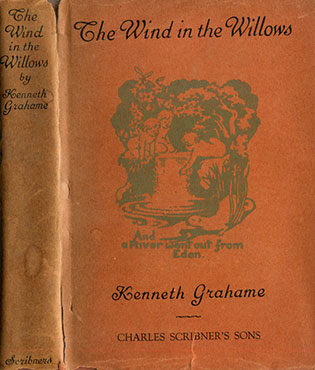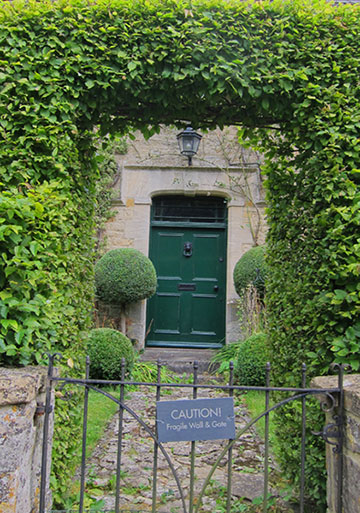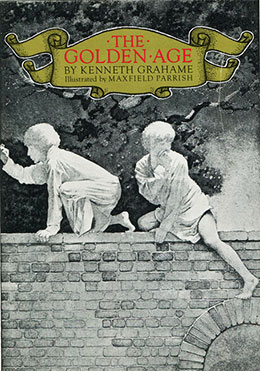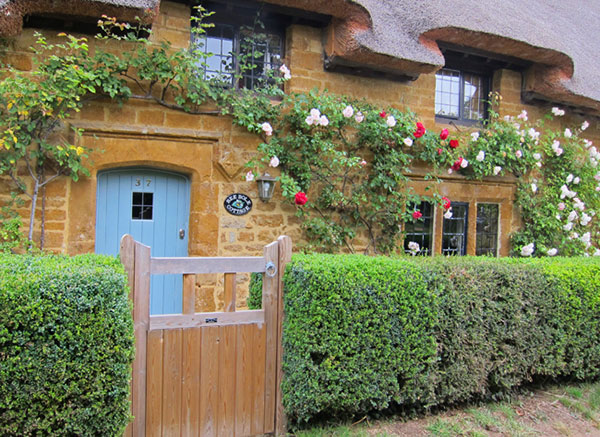 The first summer my husband and I were married, we went on a picnic. Not an ordinary picnic; I had an agenda. My husband had grown up during World War II, when plane-spotting and mixing yellow food coloring in Oleo was more interesting than reading children’s books.
The first summer my husband and I were married, we went on a picnic. Not an ordinary picnic; I had an agenda. My husband had grown up during World War II, when plane-spotting and mixing yellow food coloring in Oleo was more interesting than reading children’s books.
We spread the blanket on the banks of Goose Creek. I opened the hamper, took out The Wind in the Willows, written by Kenneth Grahame, and read the first chapter aloud. My husband eyed the hamper, as the Mole did:
“What’s inside it?” asked the Mole, wriggling with curiosity.
“There’s cold chicken inside it,” replied the Rat: “coldtonguecoldhamcoldbeefpickledgherkinssaladfrenchrollscresssandwichespotted
meatgingerbeerlemonadesodawater — ”
Our lunch wasn’t that elaborate — I couldn’t even make deviled eggs — but reading Grahame’s book by the rushing stream gave my husband his first taste for the literature I’d raved about since we met. In my mid-twenties, with no education, I had much loftier goals than learning how to cook. I would write children’s books, lots of them! I would build a children’s library in the Virginia mountains! We’d live in a cottage next door! That fall, I built a dollhouse, a model of our future home. On the little arched door, I hand-painted its name, Bramblewood.
While I wrote and read children’s books (not in our dream cottage), I collected books about children’s literature. With my lack of formal education, I figured I’d be a good writer if I understood the field. But scholarly texts were beyond me. In my mid-fifties, I enrolled in Hollins University’s graduate program in children’s literature. Now, I told myself, I’d be able to read those scholarly works. One day after class, I walked across campus to the library. It was June and mountains were all around. I carried an armload of books and was the happiest I’d ever been. I felt like Mole when he cast aside his spring cleaning and burst outside where the Wide World was waiting.
But even after I earned my MA in children’s literature, I couldn’t crack my library of scholarly texts. They seemed like locked doors. I kept on writing, book after book after book. A few years ago, I began to wonder, what if I never wrote another children’s book. The world wouldn’t notice. What kept pushing me onward?
 This September, my husband and I celebrated forty years of marriage with a trip to England. First thing, we hit Waterstone’s and Hatchard’s bookstores. I could have easily spent £5000 on books but limited myself to an extra suitcase. We did not picnic along the River Bank like Mole and Rat, but we did spend time in the Cotswolds, Wind in the Willows country.
This September, my husband and I celebrated forty years of marriage with a trip to England. First thing, we hit Waterstone’s and Hatchard’s bookstores. I could have easily spent £5000 on books but limited myself to an extra suitcase. We did not picnic along the River Bank like Mole and Rat, but we did spend time in the Cotswolds, Wind in the Willows country.
Oh, how I loved the Cotswolds! Thatched, sunlit cottages. Ivy and roses. Meandering streams. Ancient churches with World War I monuments in the cemeteries. Each cottage had a name: Bee Bole Cottage, Kitten Cottage (with a kitten flap in the door), The Secret Cottage. This was where Bramblewood was meant to be! We would move to the Cotswolds. I’d paint our front door wisteria and fill the rooms with books and cats.
It was in one of those honey-stoned hamlets that I realized why I’ve written books for children — my dream since age fifteen — my entire life. I’ve been searching for Arcadia.
 As a child, Grahame dwelled in Arcadia. In his book, The Golden Age, he categorizes adults as Olympians. They “would talk over our heads, of this or the other social or political inanity … We … could have told them what real life was. We had just left it outside, and were on fire to get back to it.” Arcadia was the perfect place, where children ran free in nature, unfettered by adult rules and concerns.
As a child, Grahame dwelled in Arcadia. In his book, The Golden Age, he categorizes adults as Olympians. They “would talk over our heads, of this or the other social or political inanity … We … could have told them what real life was. We had just left it outside, and were on fire to get back to it.” Arcadia was the perfect place, where children ran free in nature, unfettered by adult rules and concerns.
Even Grahame recognized one cannot stay in Arcadia. “Somehow the sun does not seem to shine so brightly as it used,” he wrote. “A saddening doubt, a dull suspicion, creeps over me … Can it be that I also have become an Olympian? Et in Arcadia ego—I certainly did once inhabit Arcady.” Yet he was able to re-enter it a few years after The Golden Age was published, to write his masterpiece.
When Mole and Rat are lost in the Wild Wood, Rat finds Mr. Badger’s snow-covered door. Mole is astonished.
“You’re so clever, I believe you could find anything you liked. ‘Now,’ says you, ‘that door exists … There’s nothing else remains to be done but to find it!’ Well, I’ve read about that sort of thing in books, but I’ve never come across it before in real life.”
When we came home from England (one of us most reluctantly), I looked around our suburban, unthatched house. Sunlight beamed through the big windows. Our cats lounged on chairs. I visited my bookcases, brushed my fingers over books on children’s book illustration, biographies of children’s authors, those scholarly texts, my beloved classic children’s books.
In devoting my life to writing books for children, I’ve tried to re-create Arcadia, the perfect childhood, the childhood I never had, to give to other children. I haven’t achieved that goal yet. I suppose I’ll keep at it.

The front doors of the Cotswolds cottages stayed closed to us. But one door has always been open to me, to everyone. The library, my first university, that I still attend nearly every day. Within the library are countless other doors, each opening to the Wide World.
The perfect place.
